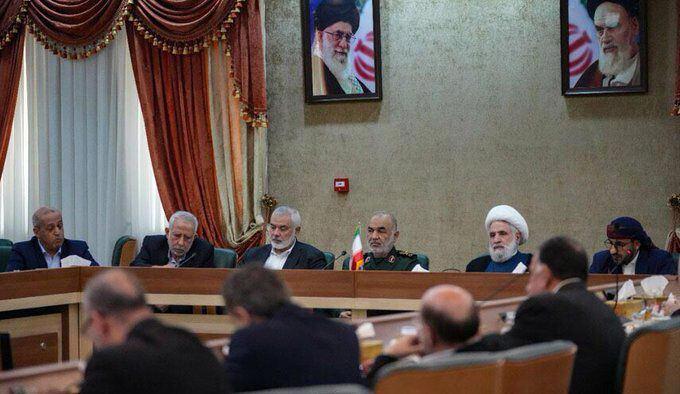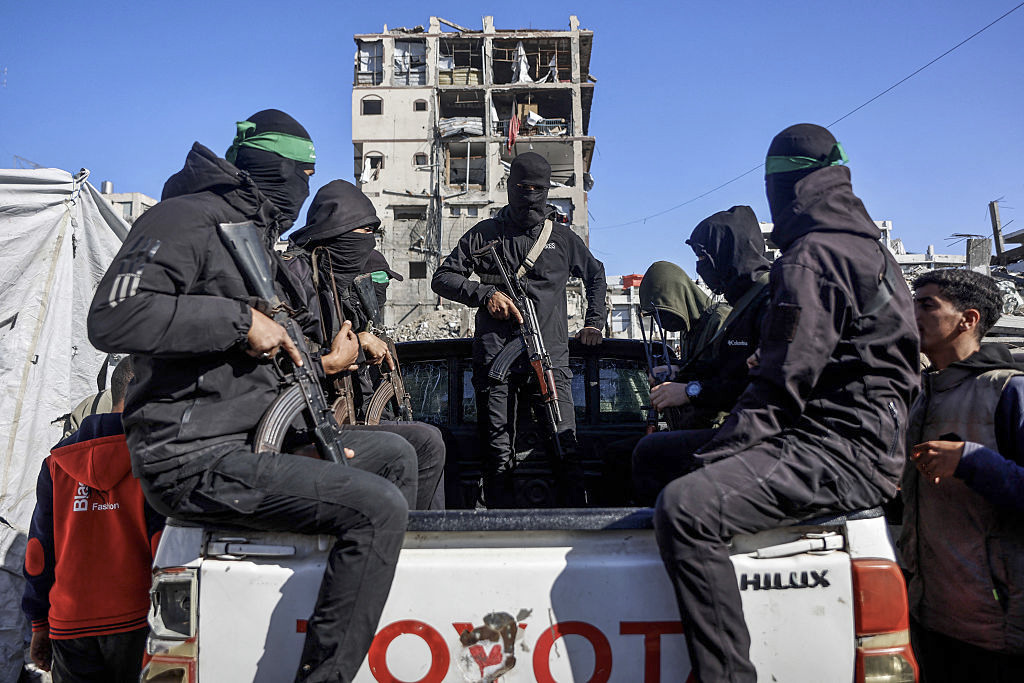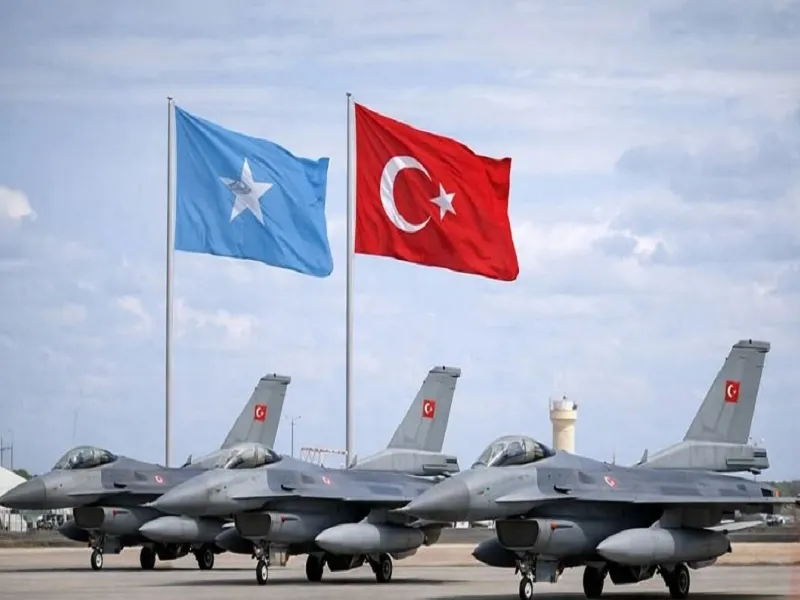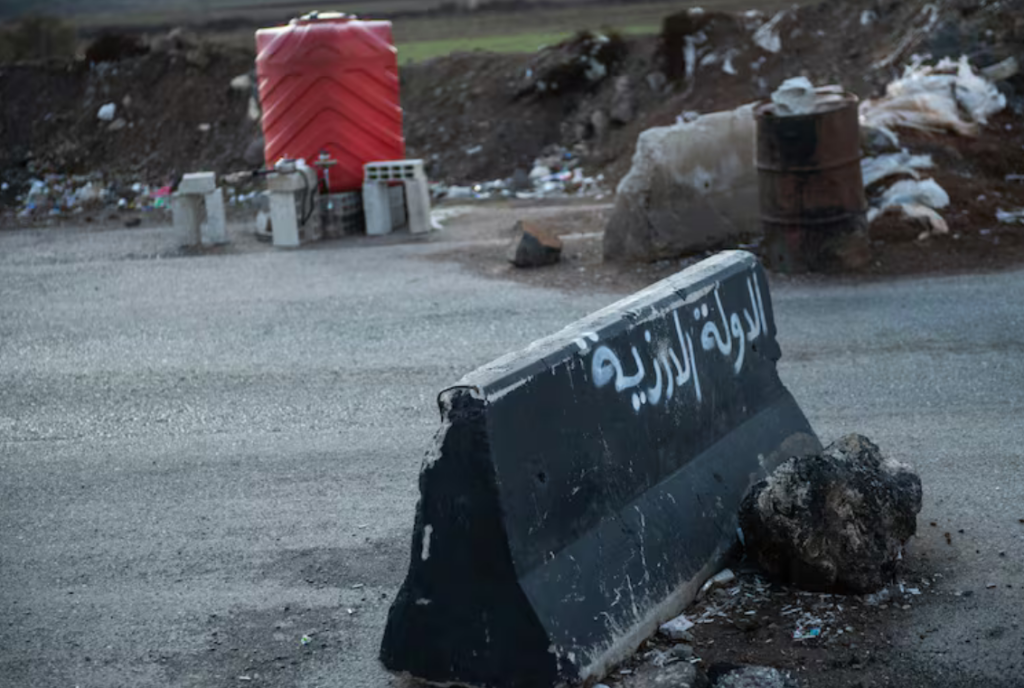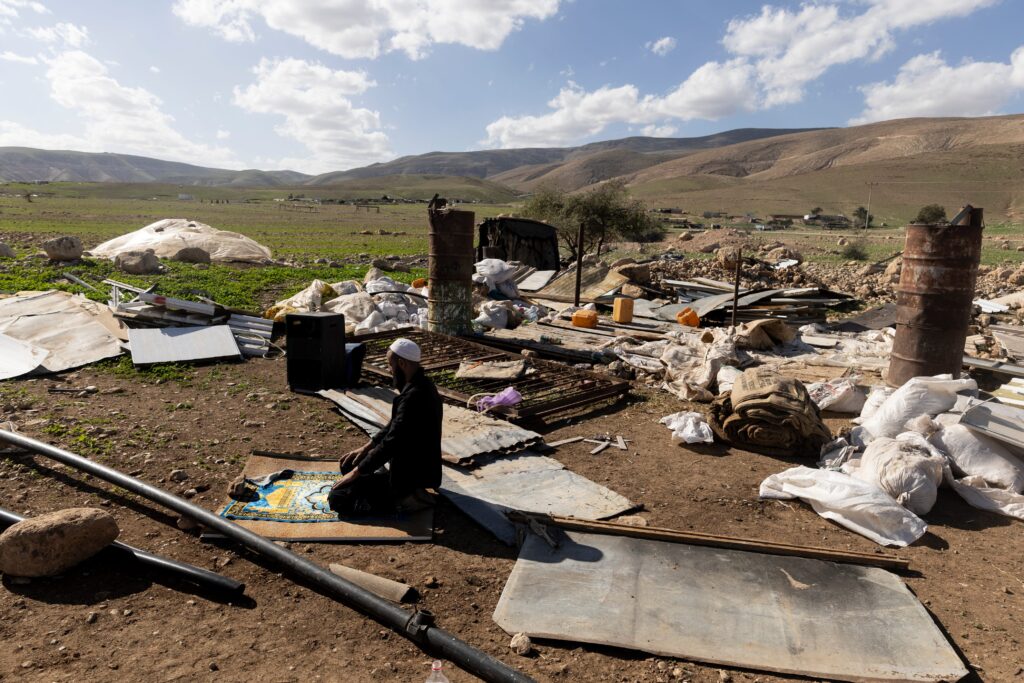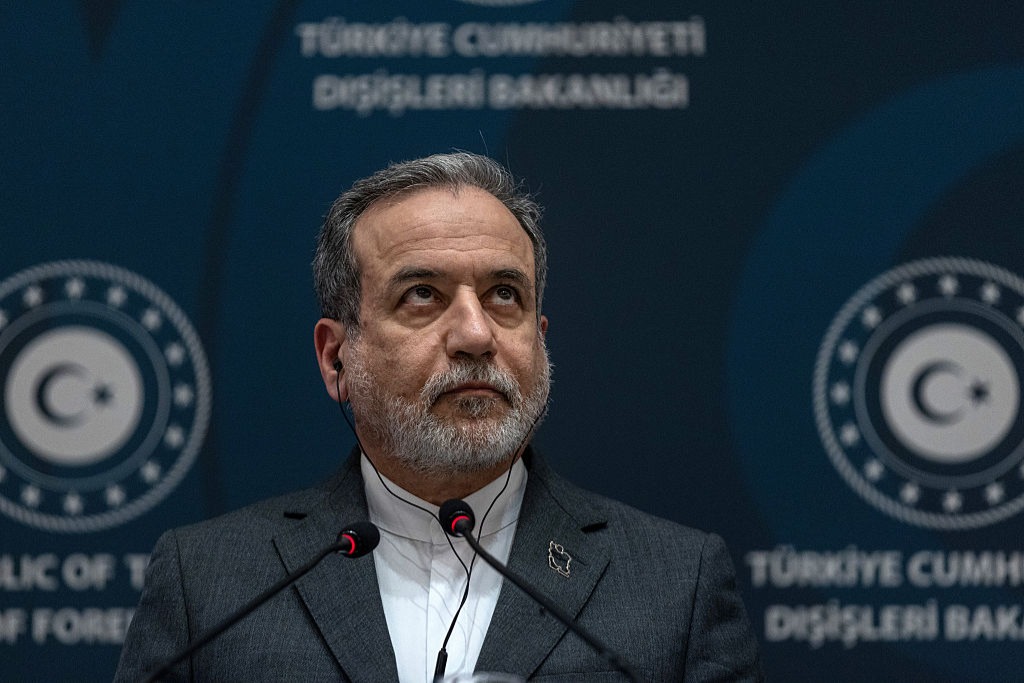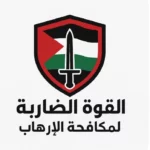
Amid the present ceasefire, Gaza finds itself divided between territory that remains under Hamas’ control and territory occupied by Israeli forces where a number of anti-Hamas armed groups backed by Israel also operate.
The anti-Hamas factions are often dismissed as simply being opportunistic criminals or accused of being ‘ISIS-linked.’ I find the latter in particular to be unconvincing: at most, what the various allegations show so far (if assumed to be true) is that some members of these groups were previously members of Islamic State or Islamic State-linked, not that the groups themselves are presently affiliated with or linked to the Islamic State. In any event, their orientation and actions wholly contradict the Islamic State’s outlook, which rejects all notions of Palestinian nationalism or collaboration with Israel and insists on a worldwide religious war against Jews.
As for the former suggestion, it is often used to imply that the anti-Hamas groups somehow do not have any real political motivations. But there is no reason to think that (assumed for this purpose) criminal activity is somehow mutually exclusive from political motivation. As an analogy, consider the case of Hezbollah. It is credibly accused of involvement in criminal activity on an international scale, but that does not mean the group is somehow insincere in its belief that it upholds and represents Shia interests in Lebanon, or that it does not really oppose Israel’s existence.
In a similar vein, it seems credible to me that these anti-Hamas factions genuinely oppose the group’s rule over Gaza, believe that Hamas’ approach has brought disaster upon the Palestinians and the Palestinian cause, and genuinely think that a pragmatic approach towards Israel is the best way forward. It is at least worth talking to them to try to understand their motivations and reasoning.
Below is an interview I recently conducted with Hussam al-Astl, who commands one such anti-Hamas group that calls itself the ‘Counter-Terrorism Strike Force’. The interview was conducted on 28 December 2025 and is slightly edited and condensed for clarity.
